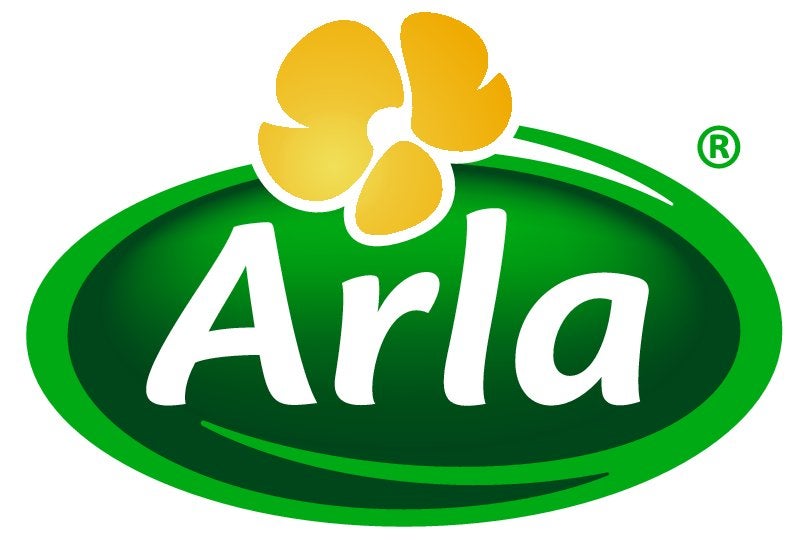
Scandinavian dairy products cooperative Arla Foods has achieved its packaging sustainability target of making over one billion pieces of packaging more sustainable across Europe.
Arla’s packaging sustainability strategy includes making 600 million fresh milk cartons renewable and 500 million yoghurt pots recyclable across six countries by the end of 2019. The company said that this is the first big move in its new packaging sustainability strategy that would cut 7,330 tonnes of carbon.
The new packaging will be available to the consumer market in Sweden, Denmark, Finland, Germany, the Netherlands and the UK.
Arla head of Europe Peter Giørtz-Carlsen said: “We want to help people live a more sustainable life, as well as feel good about what’s in their fridge.
“Fresh milk and yoghurts are enjoyed on a daily basis in most households in our main markets and are also key to our retail customers. That’s why these items topped our list of packaging to improve from a sustainability perspective and our pan-European presence enables us to leverage our scale and impact several markets.”
Arla said it aims to cut C02 by 30% by 2030, cutting packaging emissions by 8,000 tonnes of C02 every year until then. Arla’s overall sustainability aim is to be entirely carbon net zero by 2050.
Giørtz-Carlsen added: “We have a rich back catalogue of moves that have made our packaging better for the environment over the years. But no doubt, this year’s conversion of more than one billion packaging items is one of our biggest ever. Coupled with some other smaller initiatives, it means we will hit our CO2 savings target for packaging for 2019. But we have to deliver every year, so we are already developing plans for next year’s reduction.”
He continued: “Over 90% of consumers think packaging should be designed to ease recycling and they want to be able to do so in their local recycling systems. This has been a key driver of these initiatives.
“Currently around 90% of our packaging is possible to recycle in one of our core markets and we want to make all our packaging possible to recycle and feasible to do so in all our core markets by 2025. We are dependent on the recycling systems in markets being fully developed and when they are, we’re preparing our packaging to be ready.”
Arla announced it would use renewable wood-based bioplastic for its gable-top paperboard milk, yoghurt and cooking cartons in February this year.



